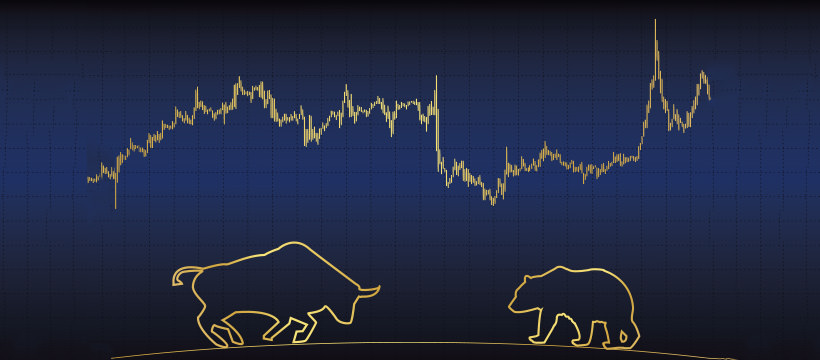Risk is an event that can influence the achievement of objectives both positively and negatively. In trading, it becomes fundamental because if we don't know how to manage risk, we will most likely burn our capital in the long run. The life expectancy of a trading account with a beginner is about 3 months. To have perfect risk management, it is necessary to associate the trading system with the topics we will discuss in this article.
The first thing we need to define is the daily risk we want to take on our trading account. I advise you not to exceed 0.3% if it is a small account of €1,000 that serves to learn. This percentage will seem very low to you, and you will surely experience difficulties working with it. Under-capitalized accounts mainly serve to learn techniques, practice, and improve. So, being a small capital, you should risk a maximum of €10/15 per day, i.e., 1/1.5%. But be careful, the larger the capital, the less you should risk.
How to divide the risk
In the markets, you have to be very dynamic but at the same time, you have to know how to respect the rules. If you have a risk of 15 euros, you will have several possibilities. You can either make 3 operations of €5 or 2 of €7.50 or one of €15.00, but nothing prevents you from risking €10.00 on one and €5.00 on the other or not risking anything. It is not mandatory to send operations to the market; in fact, sometimes not trading and observing is the best profit you can make. The division of risk depends on your strategy and its strengths if you have a pattern that is more profitable than another or maybe you have a graphic situation that you like more, allocate most of the risk on that operation.
Stop Loss
In every operation you will do, there must always be a stop loss in place to avoid incurring errors and burning the account with a single operation. Psychological factors would come into play, and it is difficult to escape from them. So it is of vital importance not to forget it.
Floating
Floating is the oscillation of the account while in the market. It must never exceed the maximum daily risk. To make you understand, I'll give you an example: you are in the market and have a risk of 30 euros; there are 3 operations in the market with an imposed risk for each operation of €10; the market is going against you, and you are losing 28 euros; you realize that you have placed the stop badly on an operation and want to move it, but to move the stop, you need a margin of 4 euros. So by moving the stop, you will reach a total stop of 34 euros, but the market continues to go against you, and you take all the stops. Here, that oscillation is the floating that, in that case, exceeded the daily risk by 4 euros. Never, and I say never, must the floating exceed the daily risk. If you make these mistakes, you will never become winning Traders.
Maximum risk on the entire capital
After setting a daily risk, obviously, you will also have to set a total risk on the entire capital to avoid burning everything and having the possibility to recover the loss without particular conditioning. Obviously, when creating an account, you should never put in money that you need or savings set aside for unforeseen events. As this will greatly influence you and lead you to make many mistakes; in the rush to want to recover the loss, you will lose everything. The total risk must never exceed 10% if it is under-capitalized accounts, while if it is important accounts, the total risk must not exceed 3/5% (it depends on you and your economic resources); if you reach this point, you will have to take measures.
- As a first thing, take a break from the markets, don't turn on the PC and don't read trading or finance topics for a few days until you feel that the loss has been metabolized.
- Analyze the history from the moment you started losing.
- Check if the operations were done under news.
- External conditioning to trading.
- Your technique and that you have respected the rules in everything and for everything.
- Look at the charts and try to understand if there may have been situations that maybe you will have to take into consideration in the future.
A winning Trader analyzes what he does and doesn't just think about trading; on the contrary, that is the last thing.
----- Article published by Entony Geluardi - Professional Trader and collaborator of La Piccola Wall Street.



